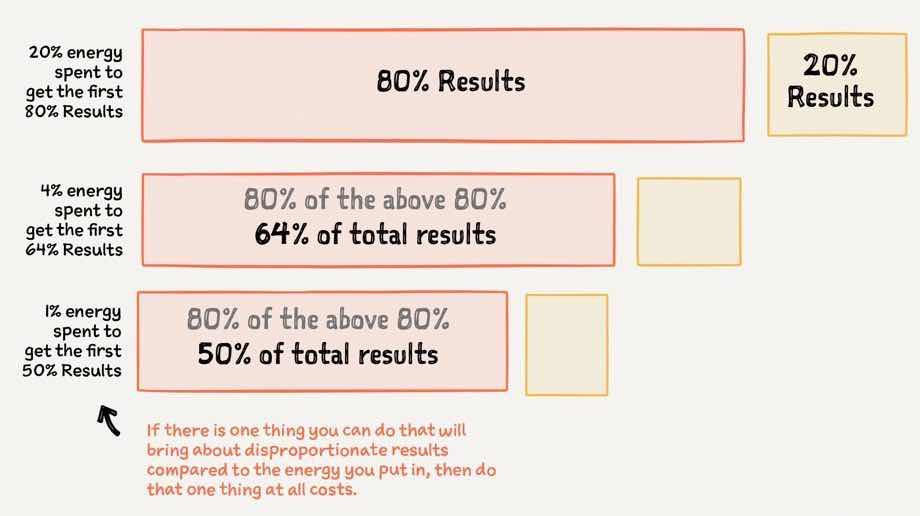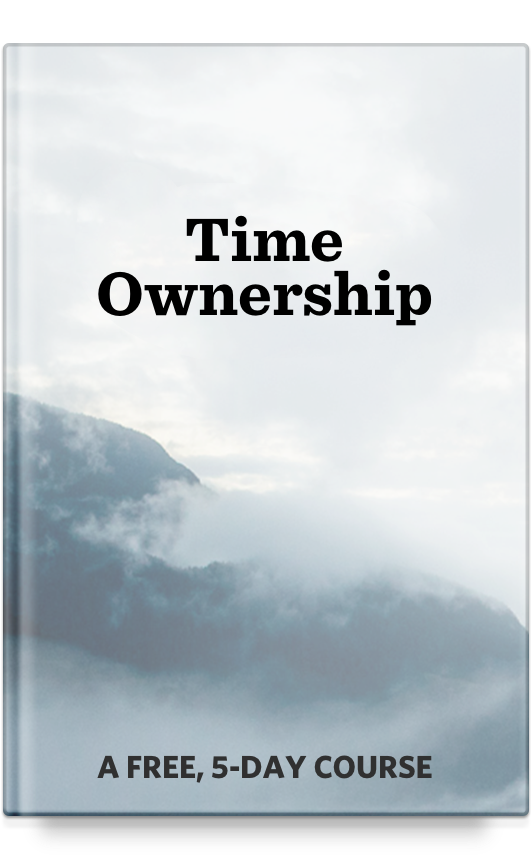Take a moment to look at your current work load and life load.
Is your life busy? Is it full?
In 10 years from now, would you like to still be living at this current pace?
Let’s put it another way:
In what way are you spending your time now that, if left unchanged, you would regret in a year from now?
Tough questions, no? They’re confrontational to our status quo. If we answer them honestly then chances are we will need to make some changes. But, of course, that’s the whole point.
. . . . .
These were the discussion points that I was focusing on last week while teaching a group of managers and leaders about Time Management. Or, more accurately: Time Ownership.
Taking ownership of our time means consistently giving our time and attention to the things that matter most.
The challenge is, of course, that we often have too much to do and not enough time to do it.
That is a real conundrum.
If you have too much to do, then you are literally over capacity. And, since time is limited, you can’t increase your capacity. Thus you must decrease what you are taking on.
Which, sadly, means saying “no”.
That’s why, yesterday’s article was all about values.
When you know your values, you can use them to guide your decisions and behavior. Knowing what matters to you will help you focus on what is truly important to do. It will help you say “yes” to the right things and “no” to the wrong things. (Instead of saying “yes” to everything.)
This is the starting line for taking ownership of your time.
. . . . .
Believe it or not, during our training session, I spent very little time talking about time management tactics. (Of which I have an entire course, btw.)
What we focused on instead were:
- The key challenges that each person was facing related to how they spend their time.
- Decision-making tools that would help them to prioritize, delegate, automate, and eliminate.
When it comes to time ownership, having clarity about your values and priorities is the one thing that produces the greatest amount of results.

By focusing first on your values, it will help you line up everything else, including your goals, your schedule, and even your habits. (Especially your habits.)
This is exactly the progression we go through in The Focus Course. It looks like this:
- Identify your vision and values.
- Set goals that you actually want to achieve.
- Build a schedule that allows for breathing room while making progress in life.
- Create habits and routines that set you up for long-term success (rather than fizzling out).
The Focus Course: Spring Registration
Right now, our spring registration period is open for The Focus Course. We only open it up twice per year (once in the early spring and once in the late fall). So if you want to get access before the end of the year, this is your chance.
Bonus: Check out this video sharing how one of our alumni, Mo Bunnell, was able to cut back on his business travel, generate more revenue for his business, and buy his family’s dream home. Amazing!
